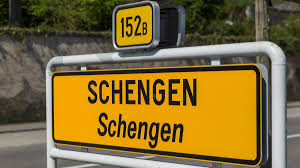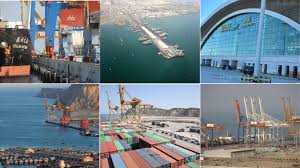Austria ends decade-long veto on Schengen accession for Romania & Bulgaria

Brussels: Austria has officially lifted its veto on Schengen accession for Romania and Bulgaria to the Schengen Zone.
The decision has been confirmed by the Interior Minister of Austria, Gerhard Karner.
While Austria supported the accession of these two countries to the Schengen Area by air and sea, it continued to oppose land border accession citing irregular migration concerns.
Austria’s decade-long veto on Schengen accession for Romania and Bulgaria has finally been lifted, paving the way for full Schengen membership in the two Balkan countries.
The decision has been confirmed by the Interior Minister of Austria, Gerhard Karner, Schengen.News reports.
Irregular migration concerns led authorities in Austria to continuously oppose the membership of Romania and Bulgaria to the Schengen Zone, despite both countries having met all technical criteria since 2012.
However, on March 31, 2024, with the support of Austria, Romania and Bulgaria entered the Schengen Area by air and sea, while back then, Austrian authorities said that both Balkan countries would still have to wait for land border accession.
But recently, the Interior Minister of Austria said that “After ‘Schengen Air,’ ‘Schengen Land’ is now open to Romania and Bulgaria”, quoted by Mediafax.
In addition, the Austrian minister attributed his country’s veto to the significant decline in the number of irregular border crossings at its border with Hungary, which is among the most frequented migratory routes.
According to him, while in October 2023, there were 70,000 interceptions registered, in the same period this year, there have been registered just 4,000 interceptions.
Without this veto, this massive reduction in illegal border crossings would not have happened.
On November 22, interior ministers of Austria, Romania, and Bulgaria held a meeting hosted by Hungary, who was the present holder of the presidency of the Council of the European Union.
In this meeting, the interior ministers also discussed the development of a joint package and additional measures for full Schengen membership in Romania and Bulgaria.
Soon after the meeting, the Prime Minister of Romania, Marcel Ciolacu, said his country would become part of the Schengen Zone in terms of land borders starting from January 1, 2025.
The comments of the Romanian President came in a joint statement with his counterpart from Hungary, Viktor Orban.
We have reached an agreement at the level of the interior ministers of the four involved states present in Budapest, and I want to thank all the teams involved in the negotiations. Considering all these concrete aspects, I am confident that after 13 years, Romania will achieve full Schengen accession by the end of the year.
Since Romania and Bulgaria are treated as a package deal, the full accession of Romania from January 1, 2025, would also mean the same for Bulgaria.





